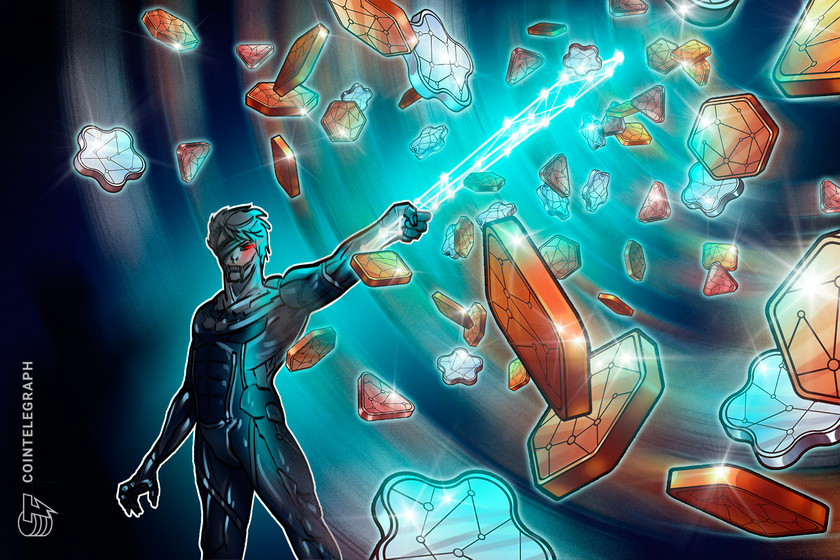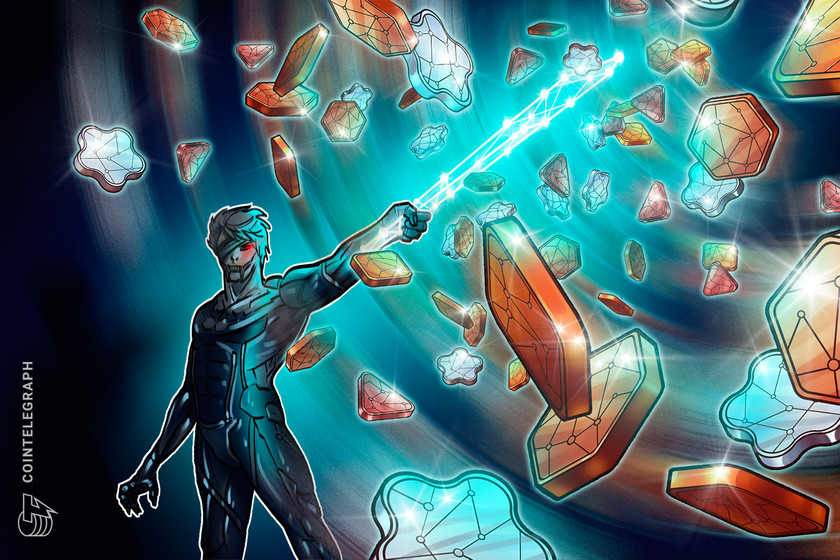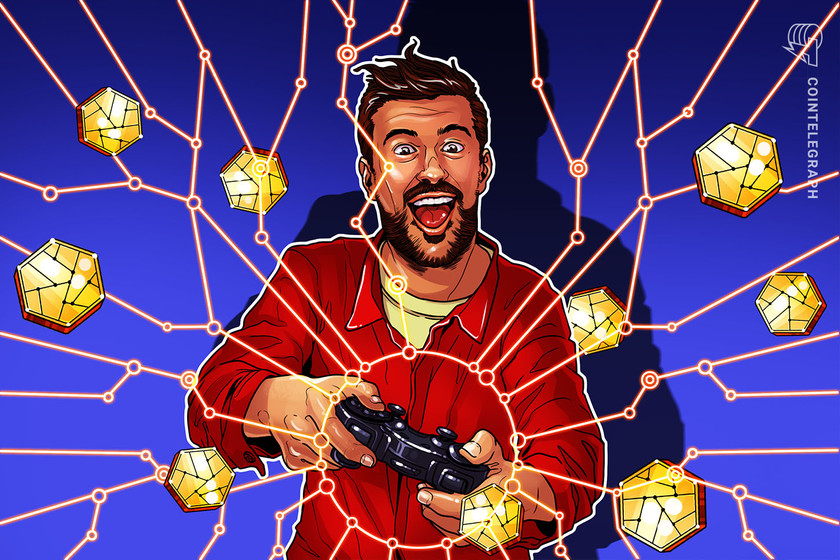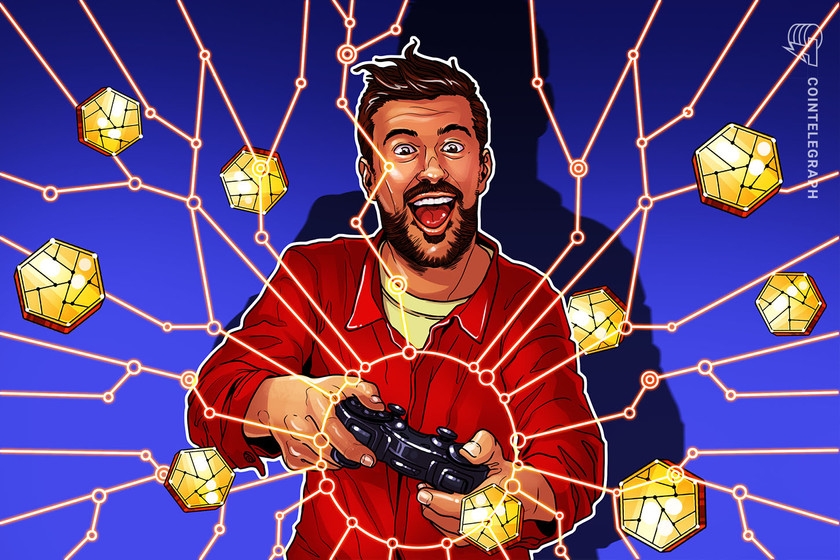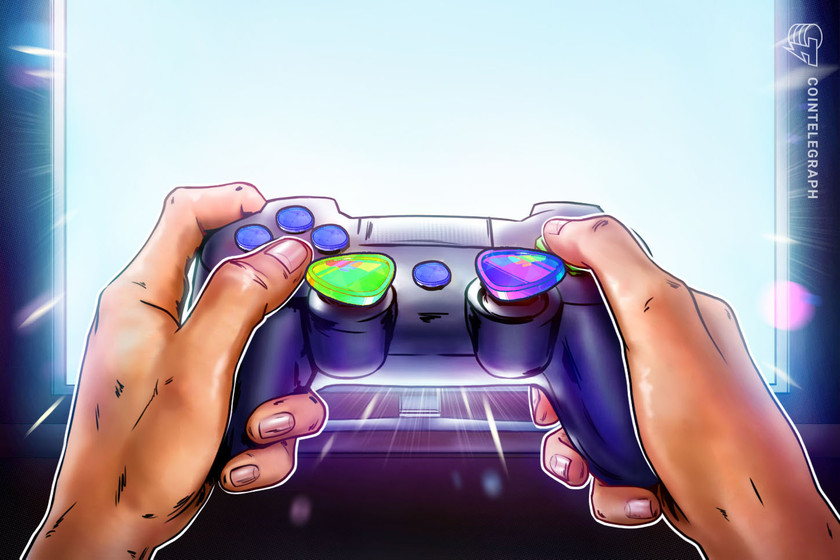Animoca’s Yat Siu bullish on TON partnership as Bitcoin sets strong foundation for 2024


Animoca Brands became the biggest validator of the TON blockchain in 2023, banking on the network effect of Telegram’s 800 million users to drive GameFi adoption.
Animoca Brands co-founder Yat Siu is confident that a number of investments and partnerships could prove fruitful in 2024 as mainstream institutional interest in Bitcoin (BTC) gathers steam.
Speaking exclusively to Cointelegraph at the Next Block Expo event in Berlin, the chairman of the gaming venture capital firm highlights some 70 investments made in 2023 that are expected to deliver results next year.
Related: Animoca eyes SportFi ecosystem, becomes Chiliz Chain validator


